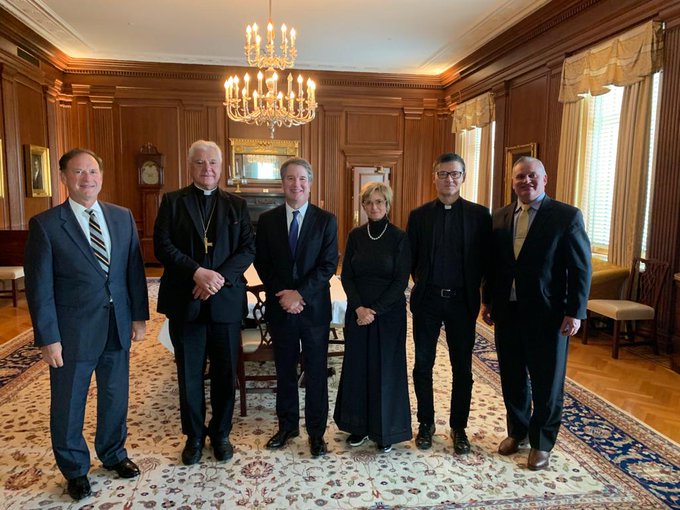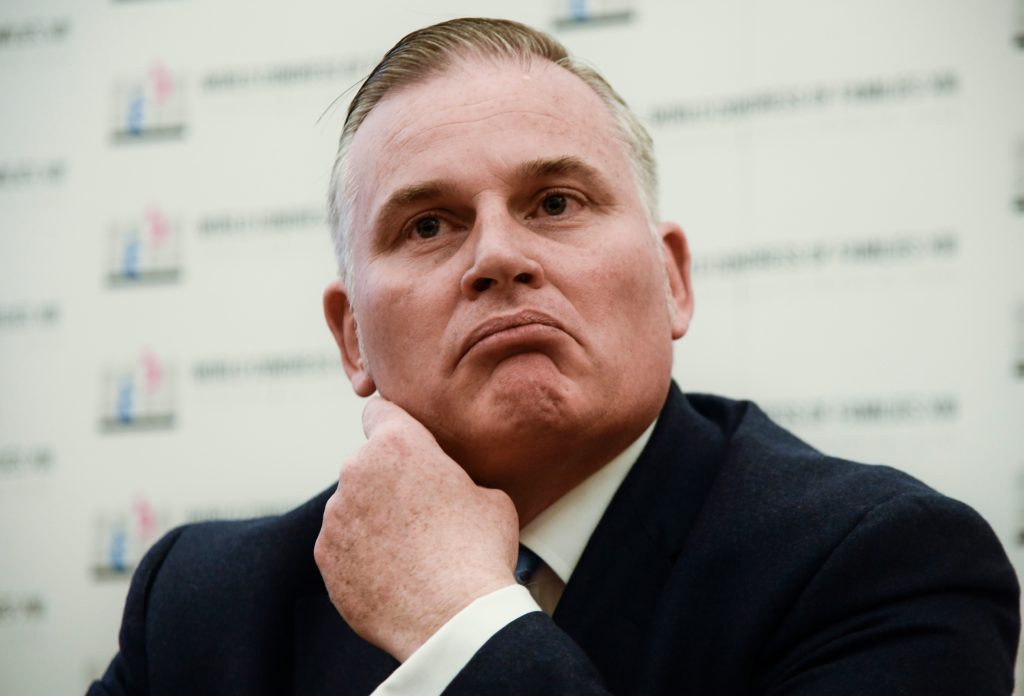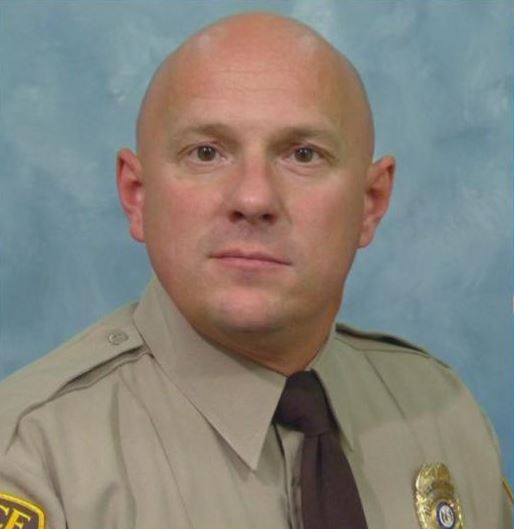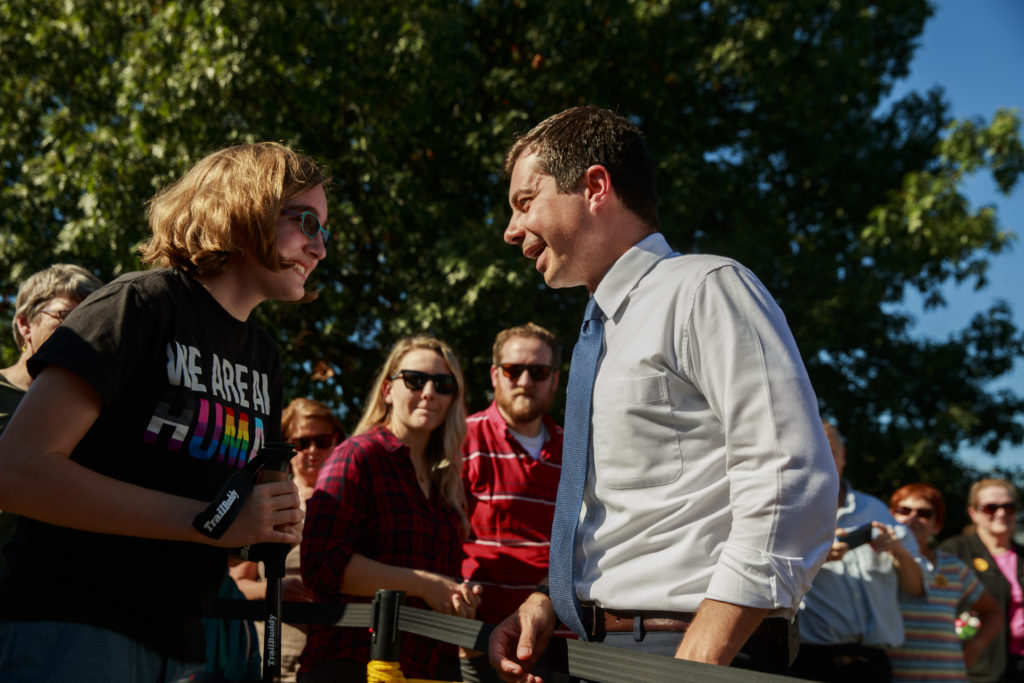Rainbow Wave 2.0: Nearly 100 LGBTQ Candidates Claim Victory in Tuesday’s Elections
The “rainbow wave” of the 2018 elections continued Tuesday, with 99 of 200 known LGBTQ candidates winning their races — including a number of successes in historically conservative states such as Virginia and Kentucky.
The Victory Fund, a group that trains, supports and advocates for lesbian, gay, bisexual, transgender and queer candidates who are pro-choice, said 80 of its 111 endorsed candidates emerged victorious Tuesday. So far in 2019, the organization found 144 LGBTQ contenders won in 382 races, for an overall victory rate of 38 percent.
LGBTQ men ran in much higher numbers than their women counterparts, though queer women had a higher success rate, 46 percent to 37 percent, according to Victory’s election tracker. Trans women specifically — who won in state races in Virginia, Utah, Massachusetts and Iowa — had a success rate at 56 percent. The vast majority of LGBTQ candidates (83 percent) ran as Democrats, with just 2.4 percent running as Republicans. LGBTQ Democrats had a success of 40 percent, compared to 33 percent for their GOP counterparts.
Related
United Method division declares itself a ‘safe harbor’ for LGBTQ clergy
Among Tuesday’s noteworthy winners were twice-elected transgender state Rep. Danica Roem, gay, black Muslim school board member N.J. Akbar, and the new LGBTQ members of the Indianapolis City Council.
Akbar, who won a seat on the Akron Board of Education in Ohio, became one of the first gay, Muslim, African Americans ever elected to any office in the U.S., according to the Victory Fund.
“As one of the first openly LGBTQ Muslims elected in United States history, N.J. will become a role model for so many LGBTQ students, students of color and Muslim students who too rarely see people like them in positions of power,” Annise Parker, president and CEO of the Victory Fund, said in a statement.
In Virginia, State Delegate Danica Roem, the first openly trans person elected to statewide office, won a second term. In 2017, Roem ran on expanding Medicaid to her constituents and fixing the traffic-clogged Route 28 in Manassas.
“I’m grateful to represent you because of who you are – never despite it,” Roem wrote on Twitter. “I’ll see you Nov. 20 at our next #fixRoute28 public hearing.”
Related
‘Drag Race’ stars descend upon small towns in new HBO series
The Indianapolis City Council tripled its number of LGBTQ representatives by re-electing Zach Adamson and newly electing Alison Brown and Keith Potts. Brown is the first out LGBTQ woman elected to that body.
Not all noteworthy races in question have been called. The nationally watched race for Texas’ 28th state legislative district is heading for a runoff with no candidate having secured an outright majority. Democrat and out lesbian Elizabeth Markowitz ran against six Republicans and won roughly 40 percent of the vote. Markowitz will now face Republican Gary Gates in a runoff election that has not yet been scheduled by the governor.
Anti-trans ads: A losing strategy?
In several states that saw transphobic political attack ads flop against LGBTQ-supportive candidates, political watchers are asking whether such ads will be effective heading into 2020’s general election.
The apparent victory of pro-LGBTQ Democrat Andy Beshear in Kentucky in the race for governor, signaled that outside efforts to use transphobic election scare tactics — like one that implied transgender inclusion in sports, would mean that “anyone at any time could change teams for any reason” — are not a clear path to electoral victory.
Chris Hartman, executive director of Kentucky’s Fairness Campaign, a LGBTQ advocacy group, said the anti-transgender ads run in Kentucky “looked initially like a desperate ploy” and noted that he and his LGBTQ friends were heavily targeted with these ads on YouTube and Hulu.
“As more information came out, we learned that we were a testing group for what the conservatives thought was going to be their new election tactic, in the way that trans bathrooms used to work for them, in the way that gay rights used to work for them,” Hartman said. “They’re testing the field to see if anti-trans bias is strong enough to propel them to victory in places that have unpopular candidates.”
“The answer is clearly no,” Hartman added.
Related
Whitney Houston’s friend Robyn Crawford opens up about their romance
Don Haider-Markel, a professor of political science at the University of Kansas, said that a 2015 ballot measure in Houston, used “fear-based advertising” around transgender people’s access to public accommodations and bathrooms.
“It’s clear that that was effective,” Haider-Markel said. However, “the ads in Kentucky about high school sports and things like that don’t seem to have the same traction.”
“Tagging that to a candidate instead of an issue on the ballot is something different,” Haider-Markel continued. “For LGBTQ candidates, success doesn’t come from what your sexual orientation or gender identity is, success comes from focusing on the issues that people care about in their local community.”
Danica Roem is “a prime example of that,” Haider-Markel said.
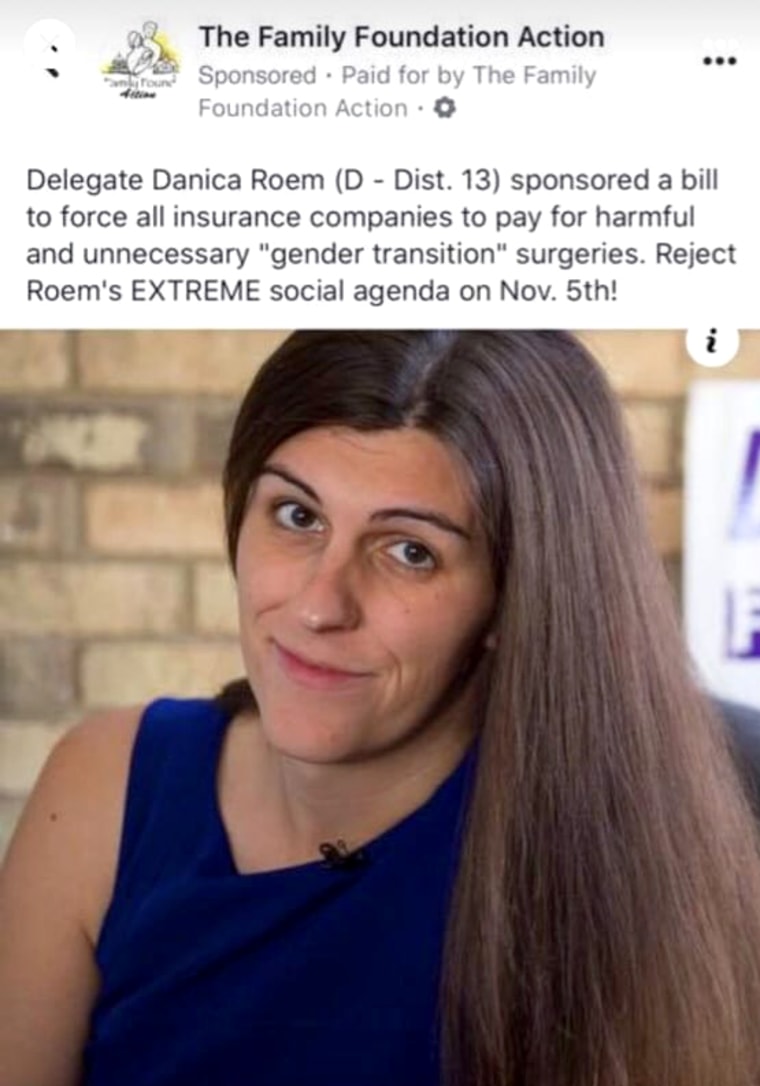
Danica Roem, a transgender woman who was elected to the Virginia House of Delegates in 2017, was the highest ranking LGBTQ winner Tuesday. Her re-election makes her the longest serving transgender state legislator in U.S. history, and the first to ever win re-election.
Although she is a history maker and was targeted because of her transgender identity, Roem has become known to her constituents for her laser focus on her district’s Route 28 — a traffic-clogged artery that many of her district’s voters struggle with on a daily basis as they commute into Washington, D.C.
“The success of trans candidates this Election Night – in states red and blue – is a warning to those using cynical campaign tactics to divide communities for their own political gain,” Victory’s Parker said in a statement.
Alphonso David, president of the Human Rights Campaign, echoed Parker, saying “the biggest topline takeaway” from Tuesday’s results is that “voters care about equality.”
“What we saw in Virginia specifically is that anti-equality candidates have been using an outdated and offensive playbook that is not working anymore,” David said.
